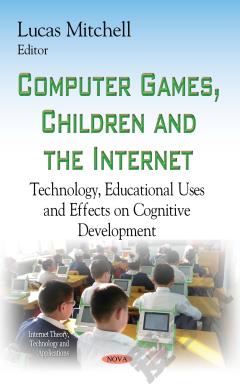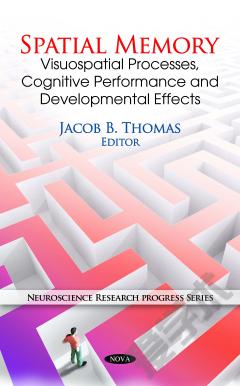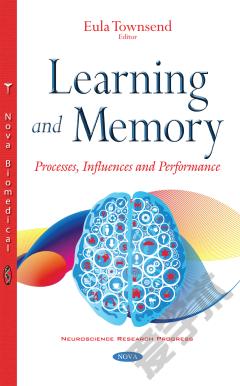Computer Games: Learning Objectives, Cognitive Performance and Effects on Development
There is wide interest in the potential of 'serious' video games as vehicles for learning. Especially in the health education domain, there are now many reports of the use of video games intended to produce changes in players' knowledge, attitudes or behaviors that will transfer to 'real life' settings outside the context of the game. The authors of this book analyze the learning models implicit in health games described in the literature, and relates these to established learning models in order to illustrate the nature of the gaps between current game designs and relevant learning theory and technology. This analysis provides a systematic framework for identifying principles of game design that are soundly based both in theory and research evidence. Examples are provided from recent game designs. This book also reports on whether computer games can be put to good use for mathematics educational purposes for young teenagers. The authors believe that computer games can be used as a complement for making routine practice more varied, more enjoyable and more effective. In addition, digital epistemic games are computer-based games that mediate mental, intellectual, knowledge-oriented activities. This book presents a strategy for how to analyze digital epistemic games. Other chapters in this book investigate the relationship between video game play and dreams and the emergence of Massively Multiplayer Online Games (MMOGs) in the past decade.
{{comment.content}}








 京公网安备 11010802027623号
京公网安备 11010802027623号